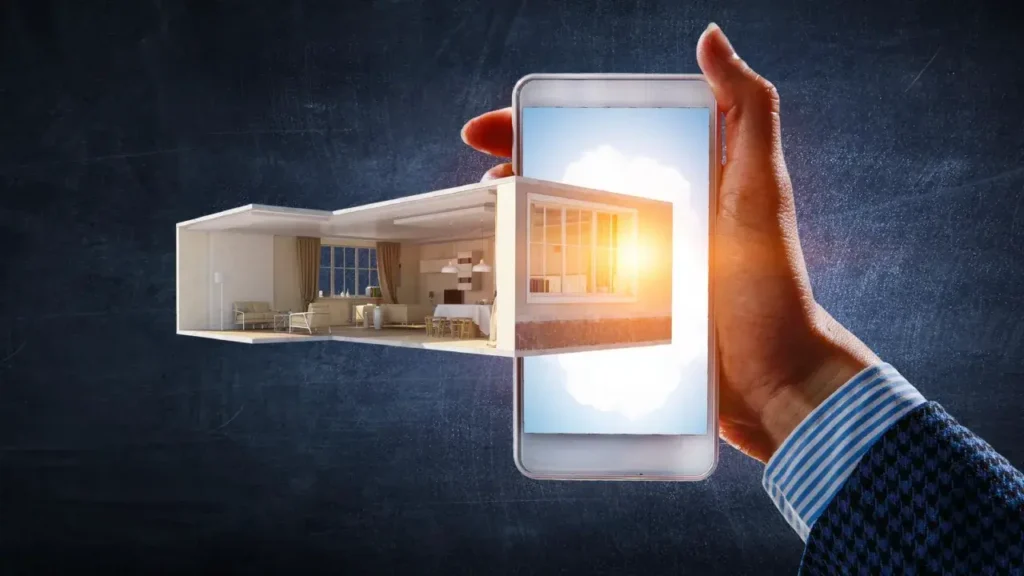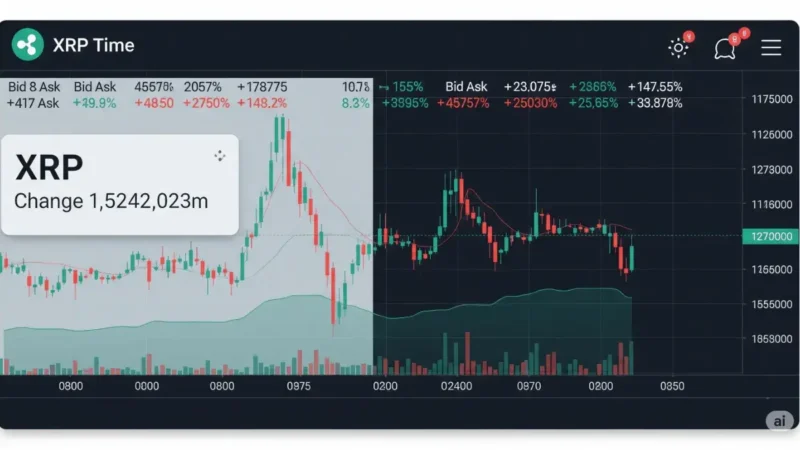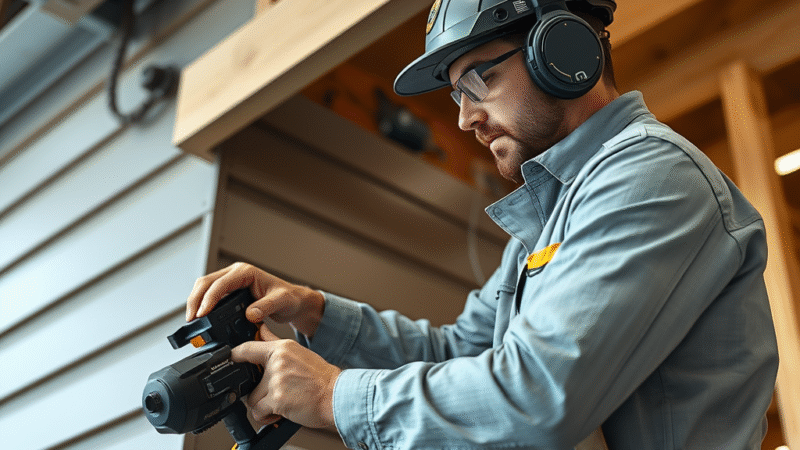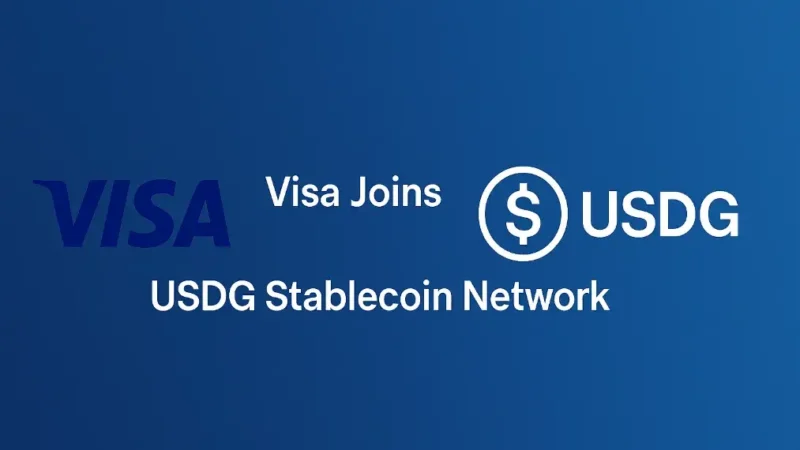Blockchain Technology in Home Renovation: A Revolutionary Approach

The adoption of blockchain technology has rapidly expanded across industries, and home renovation is no exception. Traditionally, the renovation process involves multiple parties—homeowners, contractors, suppliers, and financial institutions. With so many stakeholders, transparency and efficiency can sometimes get lost in the mix. However, blockchain offers a solution by streamlining and securing transactions, ensuring accountability, and enhancing trust among all participants.
In this article, we explore how blockchain is poised to transform the home renovation sector and the benefits it brings to homeowners, contractors, and suppliers alike.
Table of Contents
What is Blockchain?
At its core, blockchain is a decentralized digital ledger that records transactions across multiple computers in a way that makes tampering virtually impossible. Each transaction is stored in a “block,” which is linked to a chain of previous transactions, creating a transparent and secure record. This technology is most commonly associated with cryptocurrencies like Bitcoin, but its applications go far beyond finance, extending into areas such as supply chain management, real estate, and, increasingly, home renovation.
Key Benefits of Blockchain in Home Renovation
1. Transparency and Accountability
In the home renovation industry, where disputes between homeowners and contractors are not uncommon, blockchain provides a way to ensure transparency. Contracts, payment schedules, and project milestones can all be recorded on a blockchain, creating an immutable record that all parties can access. This eliminates disputes over what was agreed upon and holds each party accountable for their commitments.
For instance, using smart contracts (self-executing contracts with terms written into code), payments can be automatically released once certain conditions—like project completion—are met. Both homeowners and contractors can feel more secure knowing that every transaction is transparently recorded.
2. Supply Chain Efficiency
A typical home renovation requires the coordination of various materials from multiple suppliers. Blockchain can track the origin, transportation, and delivery of these materials, making the supply chain more efficient and transparent. For example, a homeowner can see where their tiles, windows, or plumbing materials are sourced and when they’ll arrive.
Moreover, blockchain helps prevent the use of counterfeit or substandard materials by recording and verifying the provenance of each item. This is especially beneficial for luxury or eco-friendly renovations, where material authenticity is a priority.
3. Secure Payments
Blockchain also addresses one of the most critical concerns in home renovation: payments. With traditional systems, contractors or suppliers may face delayed payments, while homeowners may be wary of releasing funds before work is completed. Blockchain can facilitate secure, real-time transactions using cryptocurrencies or digital tokens, ensuring that all payments are processed according to pre-agreed terms.
In addition to security, the use of blockchain-based payment systems reduces transaction fees, particularly in international projects where currency conversion or cross-border payment fees might otherwise be involved.
4. Decentralized Project Management
Blockchain allows for decentralized project management, making it easier to coordinate large or complex renovation projects. With multiple stakeholders such as architects, designers, and contractors, a single blockchain system can ensure everyone has access to the same up-to-date information. This reduces the risk of communication breakdowns, cost overruns, or delays.
The technology can also be used to manage building permits and regulatory approvals, speeding up processes that are often bogged down by bureaucracy.
Challenges to Adoption
While blockchain holds immense potential for home renovation, there are several challenges to its widespread adoption:
- Technical Expertise: Many contractors and homeowners may not be familiar with blockchain technology, which could create a learning curve.
- Regulatory Hurdles: Governments and regulatory bodies may be slow to adapt to blockchain-based systems, particularly in areas like permit issuance or real estate transactions.
- Costs: The initial setup costs for implementing blockchain solutions can be high, especially for smaller renovation projects. However, as the technology matures, these costs are expected to decrease.
The Future of Blockchain in Home Renovation
As blockchain technology continues to evolve, its integration into home renovation will likely become more widespread. Future developments could include:
- Blockchain-based platforms for connecting homeowners with verified contractors and suppliers, ensuring both transparency and accountability from start to finish.
- The use of IoT (Internet of Things) devices to automatically track progress and update the blockchain, further automating and securing renovation processes.
- Crowdfunding renovation projects using blockchain tokens, allowing homeowners to raise funds for their projects from a decentralized network of investors.
In the long term, blockchain could help create a fully digitized, transparent, and efficient renovation ecosystem that benefits all parties involved.
Conclusion
Blockchain technology is set to disrupt the traditional home renovation industry by offering greater transparency, accountability, and efficiency. Whether it’s securing payments, managing supply chains, or ensuring project milestones are met, blockchain has the potential to revolutionize how renovations are done. Although challenges remain, the technology’s potential to streamline processes and reduce friction makes it an exciting development for homeowners and contractors alike.
Stay informed, read the latest updates now!
As blockchain becomes more accessible and its benefits more widely recognized, the home renovation industry may never be the same again.



